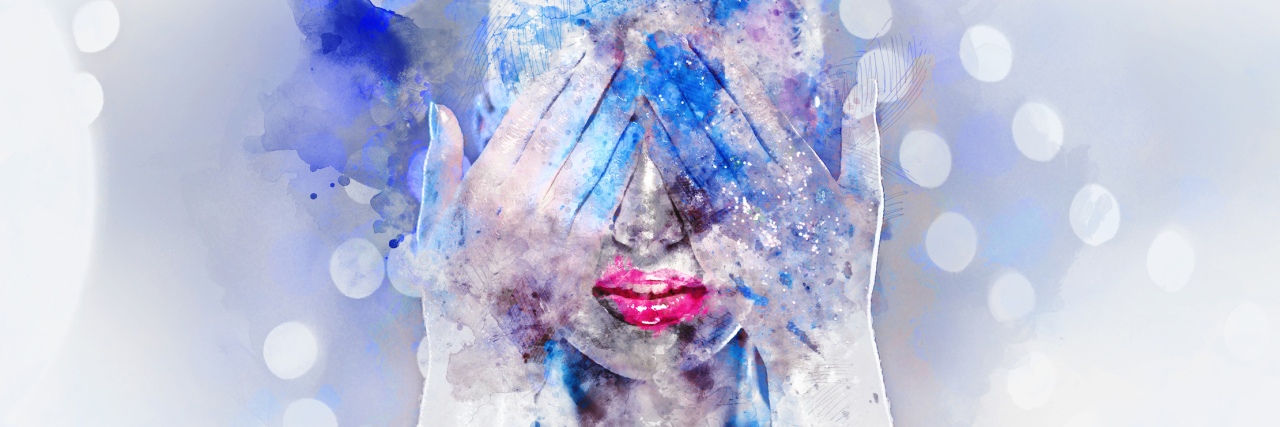I’ve spent the past few years convinced I’d morphed from extrovert into an introvert. I had traded crowds for solitude. Bars for books. I imagined the younger version of me rolling her eyes that my new “dream Friday” was a quiet night at home and an early bed time.
“You’re not an introvert,” a friend said. “We’re just getting older.”
True, I definitely didn’t feel as young as I used to. Still, I insisted that my personality had shifted 180 degrees. Why else would I crave so much time alone? In high school and college, I was happiest when my social calendar was full. There weren’t enough hours to devote to all the clubs I wanted to join and all the friends I wanted to see. Even once I graduated and lived by myself, I loved staying busy and surrounded by people. But four years ago, I fell into a deep depression. It wasn’t my first battle, but it was my most significant, and life never quite returned to normal.
I craved solitude. All the time. Or at the very least, for someone to share the most boring of moments with me, without feeling like I had to entertain them.
Crowds didn’t just irritate me. They overwhelmed me. So did noise. A full social calendar left me silently screaming, plotting my escape. I would stay close to the exits, sneaking off for several fake bathroom breaks. I was no longer a “joiner.” Didn’t have the energy to volunteer. Didn’t have the energy for people to need anything from me. No more concerts, happy hours or parties. I’d go weekends without any human interaction.
I looked back at the girl I used to be just a few short years ago, and I was a shell of myself. Exhausted, worn down and foggy. And lonely. It took just one visit to a new therapist to realize what was driving my quest for isolation.
“You’re not an introvert,” she said. “You’re depressed.”
I’d misinterpreted my behaviors.
Introverts typically use solitude to recharge, create or expand their knowledge. I used solitude to isolate, consume and avoid.
Introverts might choose to go for a solo run rather than working out with a group. I didn’t have the energy or self-love to exercise.
Introverts often prefer interactions with small groups so they can have deep conversations. Regardless of the group size, I mostly kept silent, feeling worthless and alone.
Introverts can often be brilliant public speakers and performers. I was suddenly so uncomfortable in my own skin, I avoided situations where I’d feel “on display,” instead preferring to blend into the background.
I’m not sure how many of my extroverted tendencies were authentic and how many were me trying to escape my feelings. But I do know that I never felt recharged after a weekend alone. I never felt productive. I never felt connected. I just felt lonely, boring and less adventurous.
It’s a slippery slope. The more depressed I feel, the more I isolate myself. And the more isolated I am, the more depressed I feel.
But through therapy and months of “baby steps” back into the world of the living, I’m beginning to recognize myself. I’m trying to live by my values instead of simply numbing and escaping my fears.
At first the goal was to initiate just one social interaction each week. (A seemingly small request for the girl who used to love hosting parties for every holiday, but an almost insurmountable goal when you add depression to the mix). Then the goal was to plan several self-care activities each week to help me recharge. The new goal is to focus on connection.
I still crave a quiet Friday night, but I no longer feel so alone.
We want to hear your story. Become a Mighty contributor here.
Thinkstock photo via amoklv

